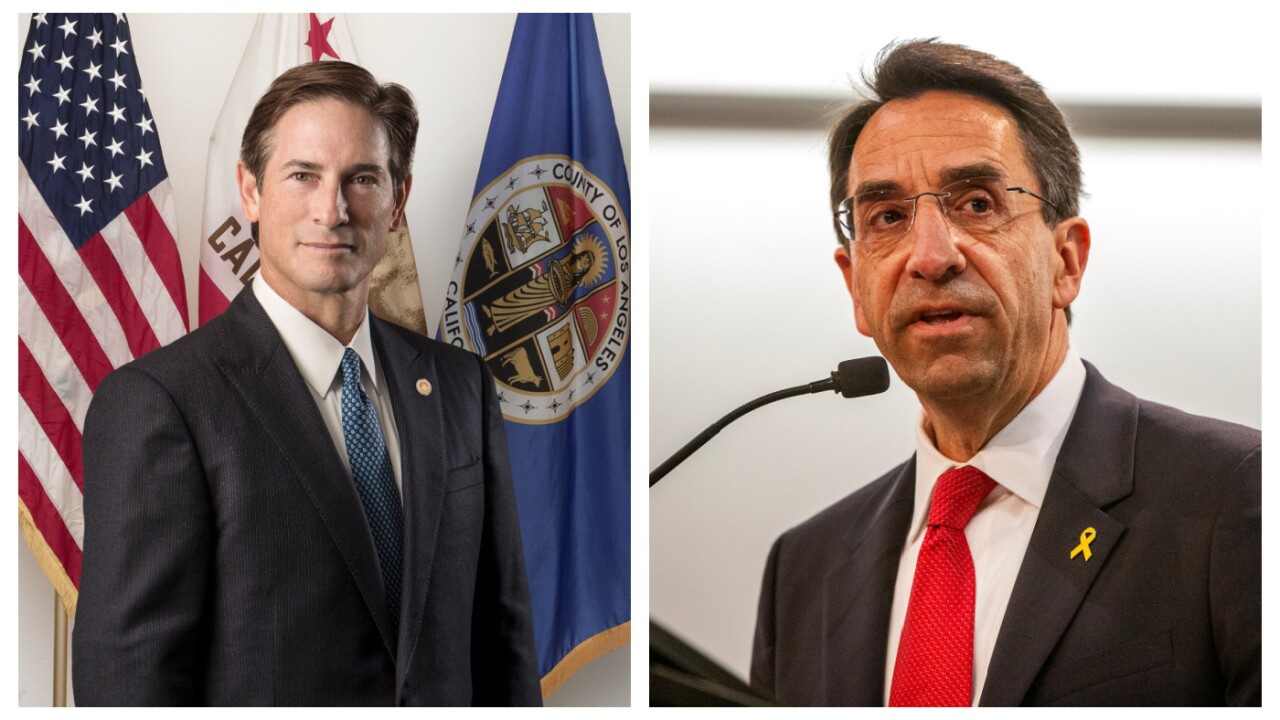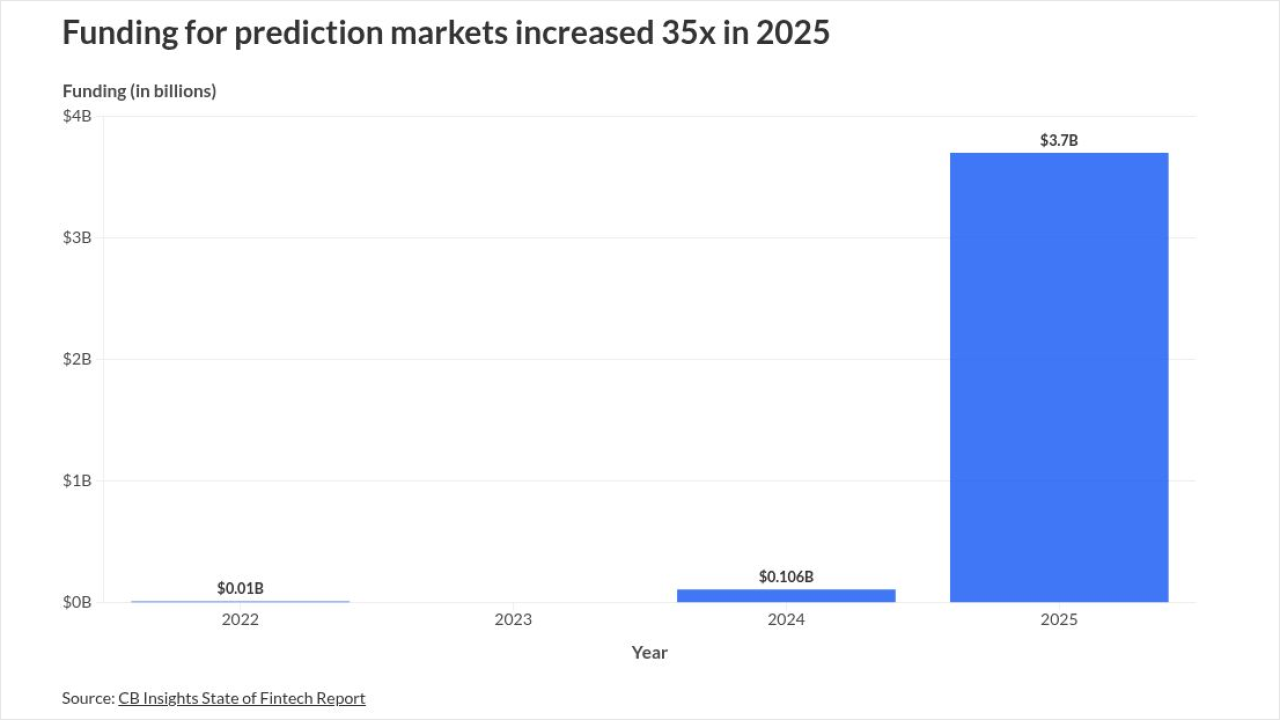Breaking News This Morning ...
2Q Kickoff: Ringing in the second-quarter earnings season this morning are Wells Fargo and JPMorgan Chase. Wells Fargo's second-quarter earning were essentially unchanged from a year ago, while JPMorgan profits rose 5% thanks to cost-cutting measures.
Processing Content
Receiving Wide Coverage ...
Clinton's Financial Vision: The economic policies aired by presidential candidate Hillary Clinton in a Monday speech position her as left of centerbut not so far over as other contenders gunning for the Democratic nomination. As American Banker reported yesterday, Clinton said that she would curb risky behavior on Wall Street, crack down on the "shadow banking" sector, hold individual bankers accountable for their misdeeds and simplify big banks' structure. She avoided going so far as to champion breaking up the banks, howeverthereby distinguishing herself from fellow candidates Sen. Bernie Sanders and former Maryland governor Martin O'Malley. The Wall Street Journal notes that Clinton also stayed silent when a protestor questioned her about reinstating Glass-Steagall. The New York Times, meanwhile, focuses on Clinton's attempts to formulate a platform that "addresses income inequality without vilifying the wealthy." It's a tricky balancing act, as criticisms from more conservative and liberal voices in the piece suggest. The Financial Times, however, came away with a bolder impression of Clinton, predicting that her speech would "probably energize the party's progressive wing, and cause minor tremors on Wall Street."
The State of Greek Banks: Europe's proposed bailout package for Greece includes funds to keep banks running, but Paul Davies of "Heard on the Street" predicts the money will go fast. He calls the 25 billion recapitalization plan "a shock absorber" but predicts that Greek banks can't stay healthy without an economic recovery. (Such a recovery may be a tall order, given that some experts believe Europe's proposed austerity measures will further hobble the Greek economy rather than strengthen it.) The FT's Lex team echoes Davies, writing that while the recapitalization may reassure depositors and thereby avoid further bank runs, Greek banks will still take a hit when loan quality deteriorates along with economic conditions. The Times adds that Greek banks may run out of cash this week, since the European Central Bank plans to withhold emergency loans until the Greek parliament approves the deal.
Wall Street Journal
The paper takes a look at Congress's testy relationship with the Federal Reserve, writing that House Republicans' investigation into a possible leak of information from the central bank's policy meeting in 2012 and other areas of scrutiny could do damage to the Fed's reputation. The article suggests that the Fed has ticked off Congress members by responding slowly to their requests, leading some lawmakers to categorize the bank as "unresponsive, aloof, politically tone-deaf and unaccountable." But members of the other camp suggest Congressional critics won't be satisfied unless the Fed submits to their every whim.
The government is frequently criticized for letting Wall Street executives off the hook for their crimes. But the paper reports that at least one agency is on an individual enforcement tear. The Securities and Exchange Commission's median fine against individuals this year is more than double the fines of a decade ago, according to the paper. Fines for firms are down, however, in part because the SEC has cleared its plate of cases related to the financial crisis.
Would it shock you to learn that a government report on the root cause of volatility in the Treasury market is "largely inconclusive"? Some on Wall Street have wondered whether post-crisis financial regulations were responsible for big swings in the Treasury market back in October, particularly rules "restricting banks' ability to step in and smooth price swings when investors pull back." John Carney of "Heard on the Street" notes that others blame robo-trading for causing the volatility.
Financial Times
New York's Department of Financial Services is investigating whether a Deutsche Bank employee in Moscow was offered a bribe in exchange for allowing a client to resume trading. Deutsche had cut off the client as it conducted an internal probe into whether certain trades by Russian customers violated anti-money laundering rules, according to anonymice.
The paper breaks down the blockchain for readers wondering why banks and stock exchanges are so interested in cryptocurrency technology all of the sudden.
New York Times
The SEC's new clawback rules are meant to give executives at publicly traded companies more skin in the game over the accuracy of financial reporting. But Andrew Ross Sorkin sees a classic Hydra problem: he predicts that companies will just increase executives' salary packages in order to compensate for the risk they'll lose compensation. Meanwhile, Wharton School legal studies professor David Zaring says the SEC's cost-benefit analysis of the clawback rule suggests it's trying to avoid strict quantificationand he's okay with that. "If we must have costs and benefits, perhaps it is good that the S.E.C. is trying to preserve flexibility about how it defines them," he writes.
The Twitter account @GSElevator garnered a big following in its heyday for purporting to eavesdrop on the juicy and/or ridiculous conversations of investment bankers of the 1%. But when it turned out that John LeFevrethe man behind the parody accountwas hardly an insider, interest soon dissipated. The Times review of LeFevre's new book recounting his days at Citigroup is pointedly blasé, calling it a "tired and dated memoir of his infantile high jinks."
Washington Post
A new research paper finds that financial executives with bigger handwritten signatures tend to work for companies that have more problems with their financial reporting.





